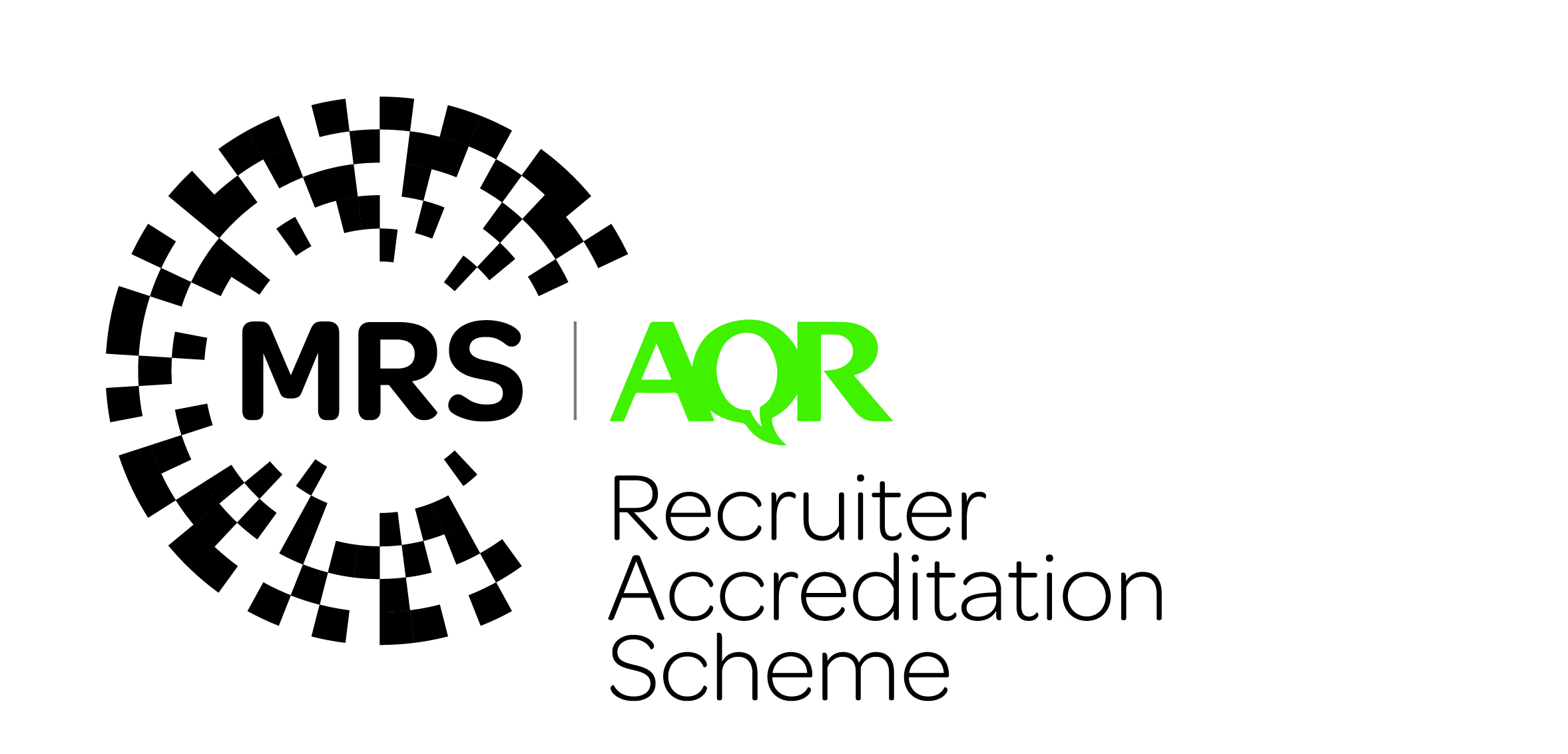All MRS websites use cookies to help us improve our services. Any data collected is anonymised. If you continue using this site without accepting cookies you may experience some performance issues. Read about our cookies here.
To enlarge video please either pause the video and then press the F key on your keyboard or select full screen button option located on the bottom right of the video.
You are currently not logged in. Any progress made will be lost.
Research Formats
Research can be conducted in various ways. The popular idea of market and social research is the traditional focus group but this is only one of many research formats. Participants need to be informed of and prepared for the format of the research for which they are being recruited.
Below are the types of formats you may be asked to recruit for.
Accompanied Visits/Shops
These interviews are usually one-to-one but sometimes you might be asked to recruit two or three participants , who may be friendship pairs, triads or individual participants unknown to each other. These sessions are qualitative interviews where participants are partly or wholly engaged in an activity of interest to a client. They often involve a degree of passive observation by the moderator as well as more direct interviewing during the session. The activity in question is often shopping, and such a trip may include a range of related activities within one interview. Moderators may visit participants at home, or meet them at a store, then go shopping with them and lastly return to the participant’s home for further discussion and observation. Participants may be required to do an actual shop, asked to do a particular task, or they could just be walking around a store being observed. The approach may also be applied to other retail or leisure activities, involving accompanied visits to places such as pubs, clubs or sports centres. This type of interview can also be conducted online with the moderator observing how a participant shops online or browses the web.
Central Location Test
These are often referred to as “hall” tests. They will often involve participants testing products. Participants are sometimes pre-recruited or they could be recruited outside or close to venues and asked to take part immediately.
Clinic
These are similar in concept to a Central Location Test. The research activities at a Clinic are normally much more in depth and often require doing several tasks over an extended period of time e.g. an individual depth interview, a focus group and an observation. An example would be a car clinic where vehicles and equipment could be displayed, or participants could take their own cars along.
Depth or Individual Depth Interview (IDI)
This is a one-to-one interview with a single participant. These interviews can vary greatly in length from a few minutes to several hours. The location could be the participant's own home, other locations such such their workplace, or in a viewing facility, or conducted by telephone or via the internet using an application such as Skype.
Paired Depths/ Trio or Triad Interviews
These are similar to an individual depth interview but two or three participants can be involved. Clients may require a pair to be couples, friends or participants unknown to each other. Friendship pairs are often interviewed in a paired depth where the subject is sensitive or where the participants are likely to be more open and articulate in the presence of a friend (often recommended for interviewing children and teens).
Ethnographic Studies or Observational Studies
These terms has been adopted within qualitative market and social research to describe occasions where researchers spend time – hours, days or even weeks – observing and/or interacting with participants in areas of their everyday lives. This could range from having a camera in one room of their homes for several days or it could involve a researcher observing participants performing certain tasks e.g. cooking a meal. When recruiting participants for these studies take the time to explain exactly what is involved so that they are completely on board from the outset.
Focus Group/Group Discussion
In market and social research group discussions, usually called “focus groups”, participants are brought together for the specific purpose of discussing an issue, or responding to ideas or materials of interest to clients. The participants should be unknown to each other unless you are told otherwise. A focus group can take place in a hostess home, a meeting room, a hotel or a viewing facility. A group may comprise any number of participants from 4-10. 4-6 participants are typically known as a mini group. 6-10 are known as a full group. Often a client will ask for extra participants (often called over recruitment) to be recruited in case of dropouts on the day.
Online
Online research can be conducted in various ways:
Online real-time discussion groups using web-based chat-room technology, sometimes known as E-groups.
Online communities or panels which are groups of participants recruited to take part in a number of market and social research sessions or projects over an agreed period of time. These may be about one subject, or about a different subject each time, or they could take part remotely in a series of tasks via apps on their smartphones.
User Test/Usability Test
These are usually one-to-one sessions where participants are observed using prototypes such as a new website or a new digital game.


